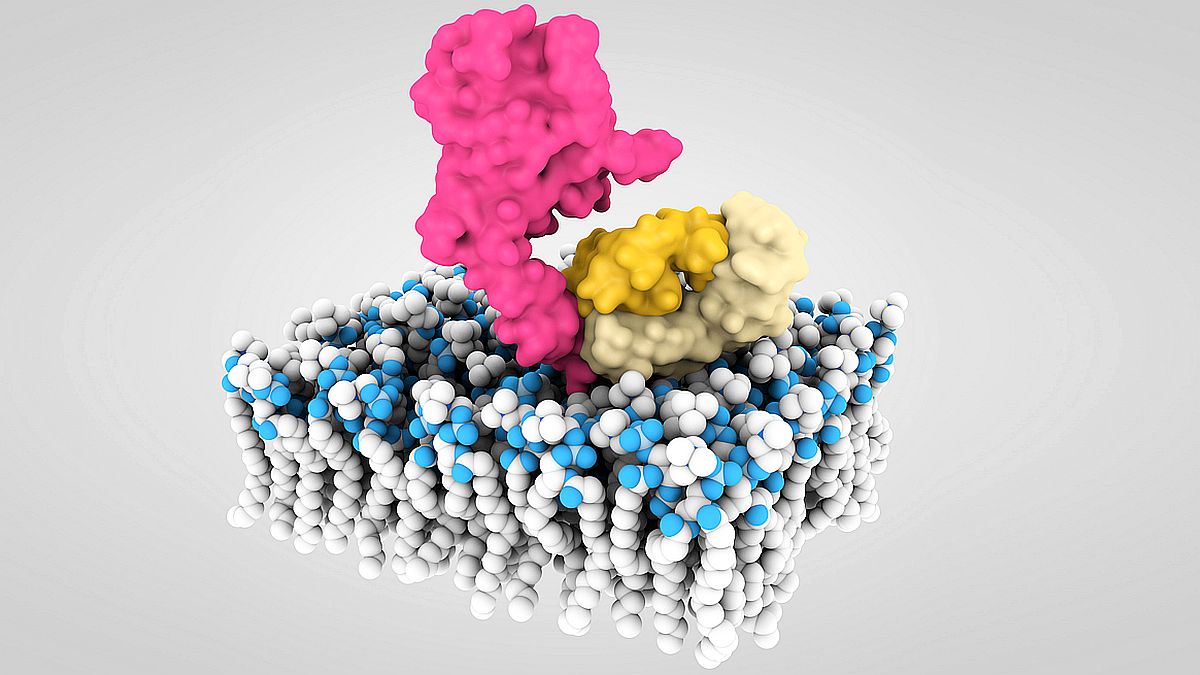Trastuzumab is a monoclonal antibody with established efficacy in combination with chemotherapy, improving progression-free survival and overall survival in women with metastatic and early stage, human epidermal growth factor receptor 2 (HER2)-positive breast cancer. In August 2021, the Early Breast Cancer Trialists’ Collaborative Group (EBCTCG) published results from a meta-analysis evaluating the long-term benefits and risks of trastuzumab on breast cancer recurrence and cause-specific mortality. Individual patient-level data for 13,864 women from 7 randomized trials were included in the analysis. Of these, 3685 (26.6%) patients had disease recurrence over a median follow-up of 10.7 years.
Consistent with previous studies, in the pooled analysis there was a highly significant reduction in recurrence (0.66) and breast cancer mortality (0.67) in patients who received chemotherapy + trastuzumab vs chemotherapy alone. There was a 9.0% absolute reduction in 10-year risk of recurrence and a 6.4% reduction in 10-year breast cancer mortality. Results were similar among patients with estrogen receptor (ER)-negative and ER-positive cancers, tumor grade and diameter subgroups, histologic subtypes, and across nodal status subgroups. However, it was noted that the absolute reduction in 5-year risk was greatest in patients with more involved nodes, due to their higher absolute risk of recurrence. The reductions in recurrence were greatest in years 0–1, then lower in years 2–4 and 5–9. In subgroup analysis, trastuzumab reduced distant and local recurrence, but not contralateral breast cancer incidence. Results did not differ significantly between patients who received trastuzumab and chemotherapy concurrently and those who received trastuzumab sequentially after completion of chemotherapy.
Regarding safety, historically trastuzumab has been associated with cardiac toxicity. In this analysis, the proportion of patients with congestive heart failure and asymptomatic decrease in left ventricular ejection fraction was low, although consistently higher in the trastuzumab group. The authors concluded that there are appreciable benefits from the addition of trastuzumab to chemotherapy for all patients with HER2-positive breast cancer who are fit enough to receive systemic therapy.
High level
A posthoc meta-analysis showed fewer recurrences with 12 months of trastuzumab than with 6 months, and the authors stated that an individual patient-level data analysis is needed to help clarify the risks and benefits of extended treatment with trastuzumab. They proposed that the efficacy of trastuzumab might also be enhanced by adding other HER-directed therapies, giving combination therapy before surgery, or adapting treatment according to initial tumor response. Further exploration of cancer biology (eg, relevance of tumor-infiltrating lymphocytes or tumor genomics) may help to individualize treatment approaches. Despite previously reported adverse effects of trastuzumab on cardiac function, cardiovascular deaths were infrequent and were not increased by trastuzumab in this analysis. Longer follow-up of the trials is needed to evaluate safety beyond 10 years after treatment.
Ground level
This analysis supports the addition of trastuzumab to chemotherapy for patients with operable HER2-positive breast cancer, further reducing recurrence and mortality from breast cancer by about a third. The biggest impact on recurrence typically emerged early in treatment and absolute benefits were substantial, even in patents with node-negative disease, so the EBCTCG recommends trastuzumab for all patients with HER2-positive breast cancer who are able to receive systemic therapy. To manage cardiac toxicity, sequential administration allows for assessment of cardiac function in high-risk patients, while concurrent administration is advised for patients with low cardiac risk.

